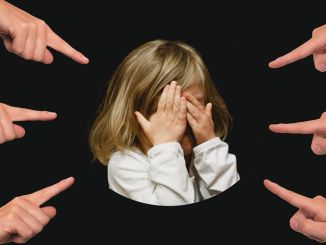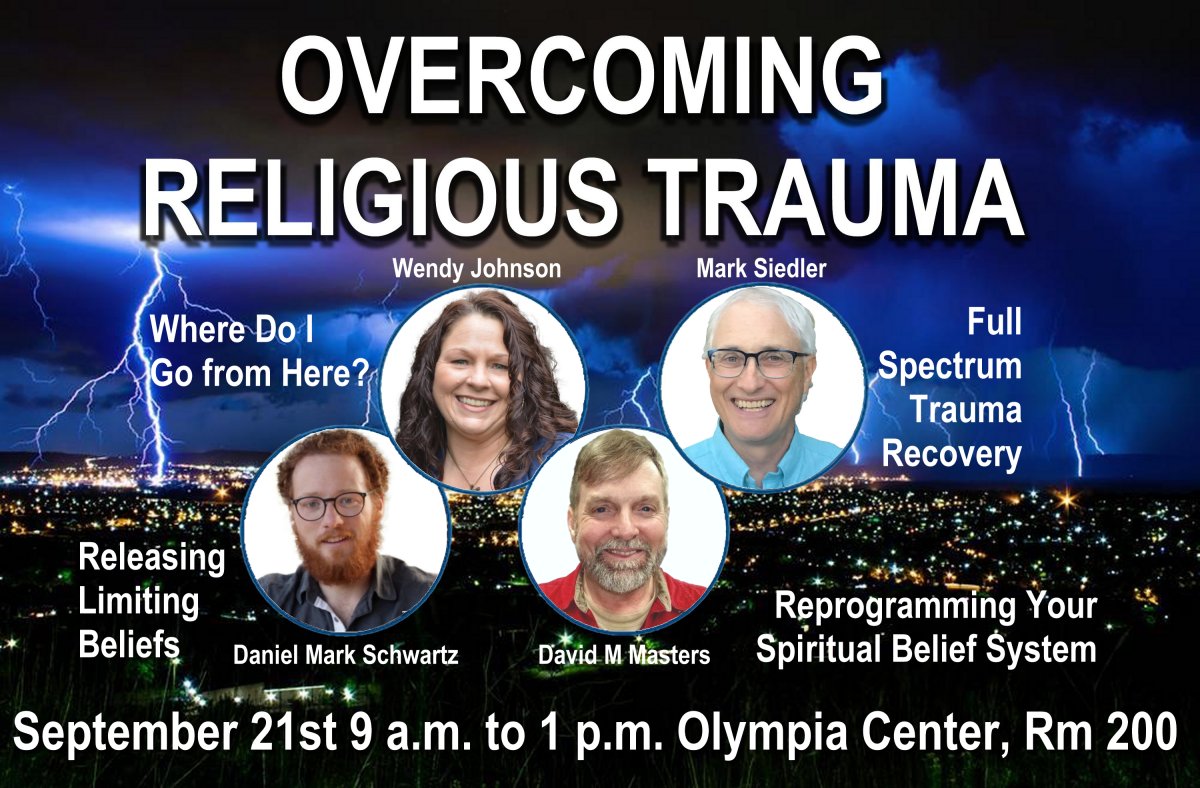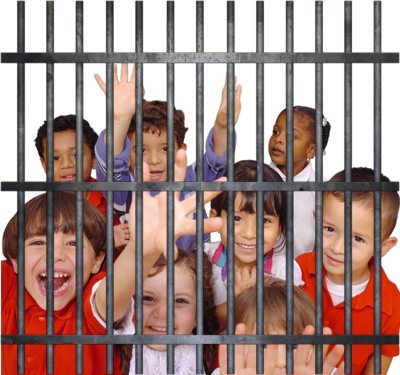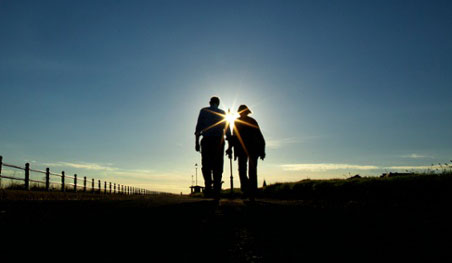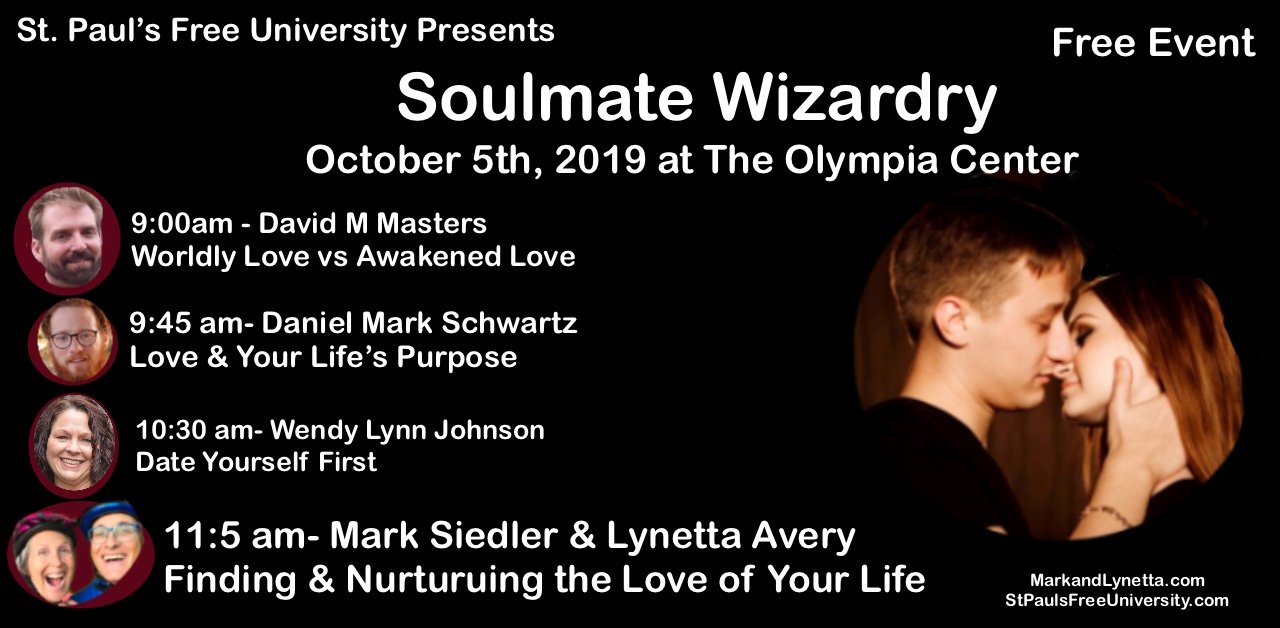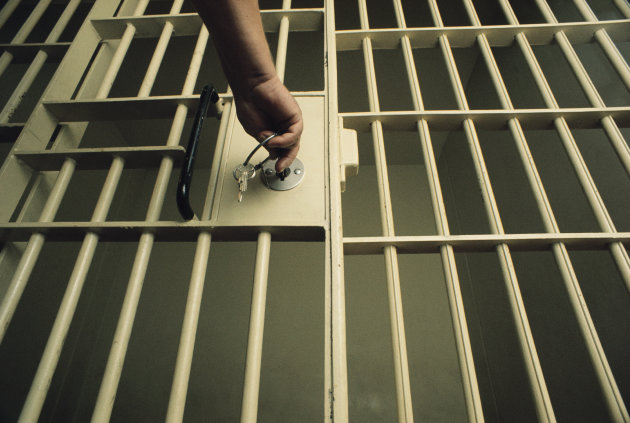My mother used to say, “All the deepest, darkest, most dangerous souls hide undercover in churches.” When the secret crimes began to come to light regarding activities covered up by the Catholic church, my mother and millions of other people, felt justified and vilified in their accusations of the church secretly providing safe harbor for evildoers.
As easy as it might be to point your finger at the church, the breaking news is not as dramatic as it may seem, especially with all the drama and exploitation fueling the fire in the media. The news is not so impressive if you look at the facts. Statistics dictate that any group of any size will have a certain percentage of evildoers.
It doesn’t matter where you look. Where ever you look, in religious organizations, educational institutions, State agencies, Government departments, military installations, corporations, businesses, non-profit organizations, or anywhere else where you find a number of people working together, you will find evil.
The Catholic church is an easy target because it is a very large organization but you will find the same percentage of evil in the same proportions per capita just about anywhere.
Why? Because none of us is without sin. Each and every one of us has the potential for evil within.
Some of us fight any tendency toward darkness than others for various reasons.
Some of us, due to early awareness and observation of others engaged in different forms of evil, made a vow to ourselves to not live that kind of life. If that is you, you are careful to watch for signs which might indicate that you may be headed down the wrong road, and you are quick to make adjustments so as not to fall into the trap of evildoing which you are focused on not falling victim to.
For others, maybe they have dipped their toe in the waters of evildoing, have let themselves be overcome by the darkness, then sworn to change their lives, and fight the inclination to engage in this activity of darkness again.
In either case, you have a particular sensitivity to this particular form of evil (due to your vow to avoid it) and you are keenly aware of seeing the potential for this evil in others. If you see someone else break weak and give-in to this evil vice, then you are prone to adopting an aire of supremacy or self-righteousness because you’ve worked so hard not to partake in this type of evil.
You feel justified in judging your brother, and you judge him or her harshly because you would judge yourself just as harshly, and desire to see the offender punished to the highest degree of the law (or might even toy with your own unbridled thoughts of vigilantism, fantasizing about how you might punish the wrongdoer if you were, judge, jury, and/or God).
What you fail to realize, when you are apt not to tolerate much, in this not so far from narcissistic-state, is that as you are pointing your accusatory and judgmental finger at someone, there is someone else who is pointing his or her finger at you who sees the potential for evil in you.
Hypocrisy gets me in an uproar. I’m always quick to notice it in others because I try so hard not to be a hypocrite myself. Yet, every once in a while, someone points out my own hypocrisy (this just happened yesterday by a friend of mine, who is always quick to catch me and point it out to me). And once I feel offended by the accusation (which is my natural first response), I can step back and see even my own hypocrisy. My friend was right. I am a hypocrite.
I couldn’t see it because I was looking for different kinds of hypocrisy in myself and others. Duely noted, I can try to do better next time.
Just a reminder in humility and a reality check for myself that I, being human, possess all the potential for evil as anyone does. All I can do is to be the best person I can be with the tools that I have available to me. I can impose my sense of goodness, or right and wrong, on anyone else, unless to be fair, I allow them to do the same to me.
Though I possess all the potential for evil and hatred, I choose to live a life on the other end of the spectrum in goodness and love to the best of my ability and encourage others to do likewise.
I strive to honor others, where they are at and what they do, offering them the same respect that I desire to receive from them.
Regarding judging others, one of my heroes speaking to a self-righteous judgmental mob accusing a woman of doing evil, said, “He that is without sin among you, let him cast the first stone at her.” ~ John 8:7 KJV
A profound statement that echoes in my heart, when I find myself tempted to point my finger at someone else.
See you at the Recovery from Religious Trauma Event in Olympia, September 21st
